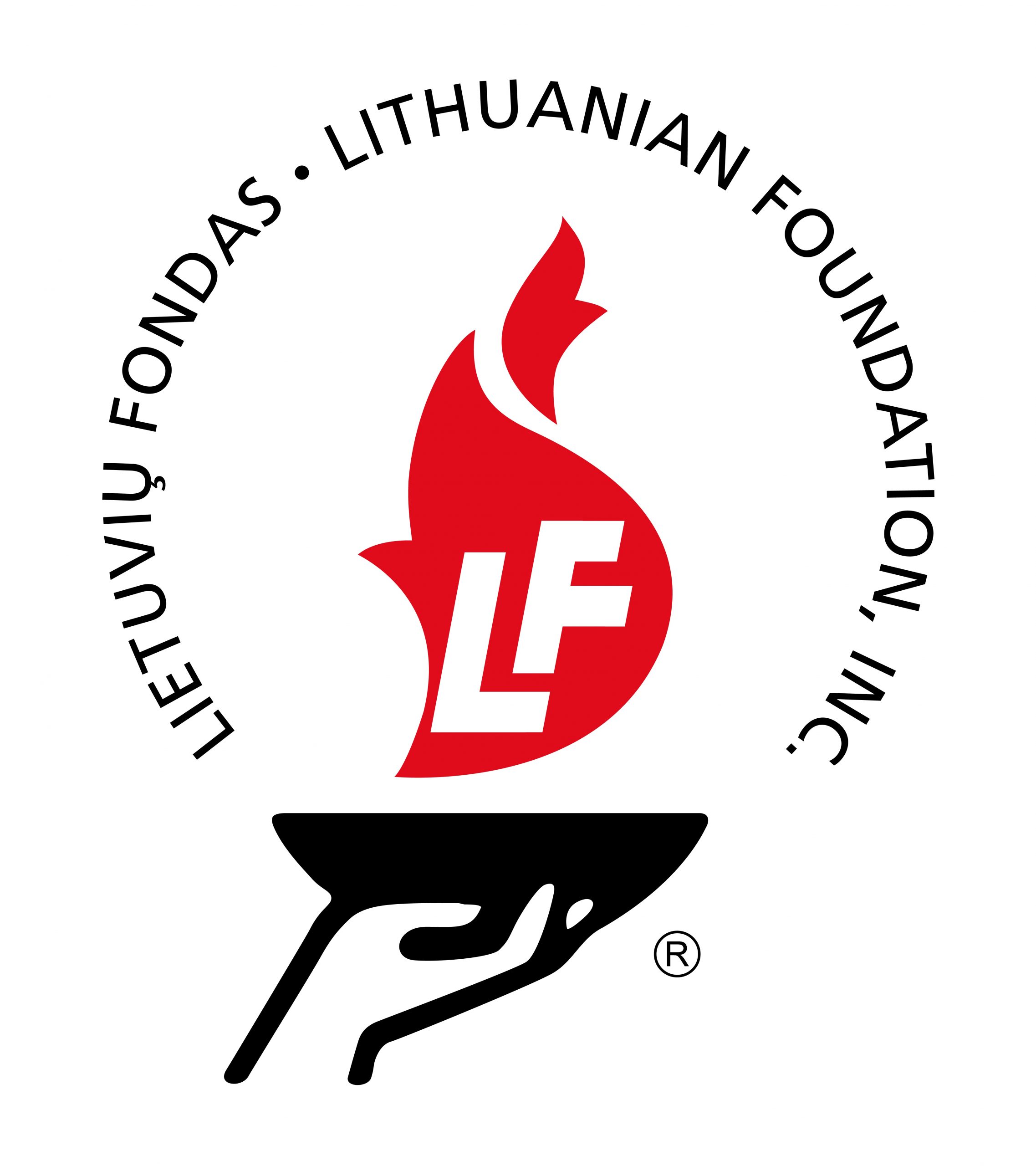Why the Baltics are becoming the hottest startup region in Europe
A decade ago, the startup ecosystems of the three Baltic countries – Lithuania, Latvia and Estonia – barely existed. Today, the region boasts at least 6 unicorns, some 2500 startups, and frequently tops the rankings for Europe’s most startup-friendly countries.
Still, the Baltic startup scene has plenty of room for growth. Keen to benefit from the region’s business-friendly regulation and tech-savvy talent, founders from countries as close as Belarus and as distant as Australia are choosing to build their startups here. Let’s look into the reasons why in a bit more detail.
Europe’s hottest startup nations
Having displayed impressive momentum over the last 10 years, the Baltic startup scene has thrived even in the face of the pandemic. The investment data we recently compiled for the Baltic Startup Scene Report 2020 shows that startup funding has rebounded after a slump in 2019, with the Baltics attracting five times more funding per capita than other countries in Central and Eastern Europe. And investors show no signs of slowing down – Latvia’s Printify just closed an eye-watering $45M Series A, while Lithuanian Interactio closed its own $30M Series A earlier this year.
I believe that the resilience of Baltic startups comes down to a couple of factors. First, with 6 million inhabitants, the region’s smallness necessitates international growth. Limited local markets require that you think globally from day one. There’s also the agility that comes with small size, allowing businesses to move faster and adapt more easily. This “power of small” was evident in the speed with which the Baltics adapted to working remotely during the first wave of COVID-19, launching the Hack the Crisis initiative that turned into a global movement.
The Baltic startup scene also capitalized on the early success of such ventures as Skype. In Estonia, Skype was the catalyst that brought money into the country’s startup ecosystem, establishing an investment community and giving Estonia’s tech entrepreneurs the funds to build the next wave of smart enterprises. The country now has more than 1000 startups as well as the highest unicorn-per-capita ratio in Europe, if not the world.
It also should not be overlooked that the transition to market (as opposed to planned) economies was relatively recent in the Baltics, and the hunger for economic progress has been a palpable driver of how fast the Baltics have been moving ahead. And while the region is still catching up to the funding numbers of places with a different economic heritage – say, Scandinavia – the Baltics keep up with or lead global startup trends. For instance, sustainability and fintech are increasingly in focus, with Baltic startups like Planet42, Nordigen, Jeff App, and Ondato making waves and revenues.
Read the whole article here: www.siliconcanals.com
Rėmėjai

